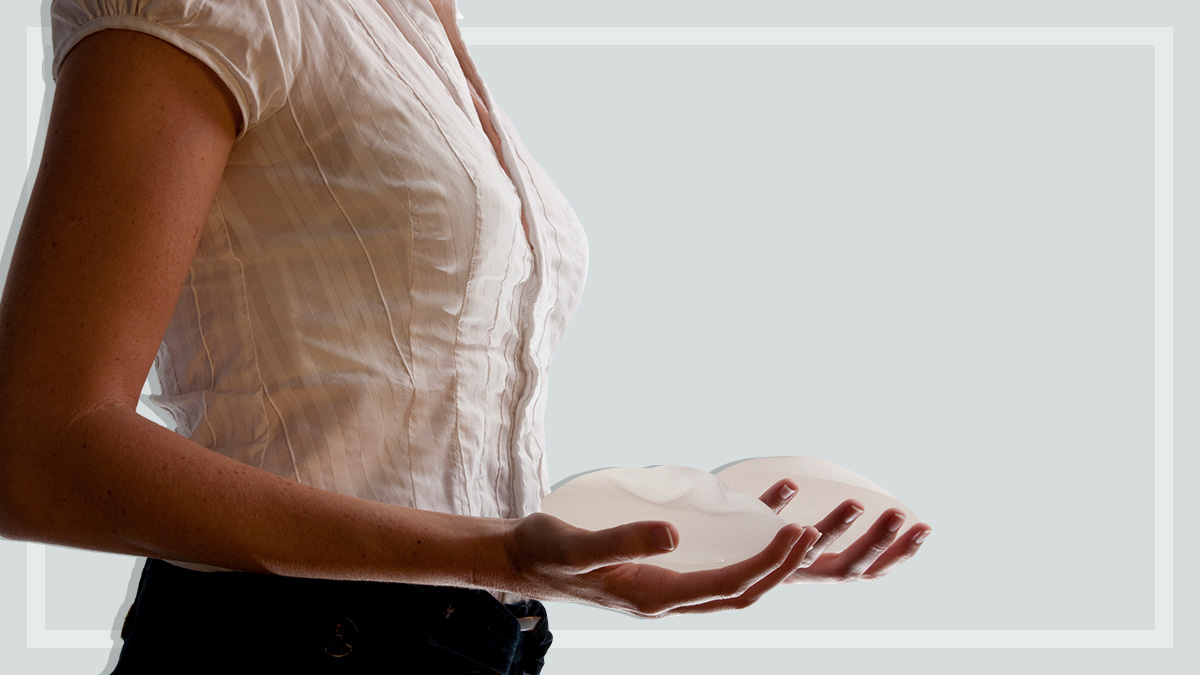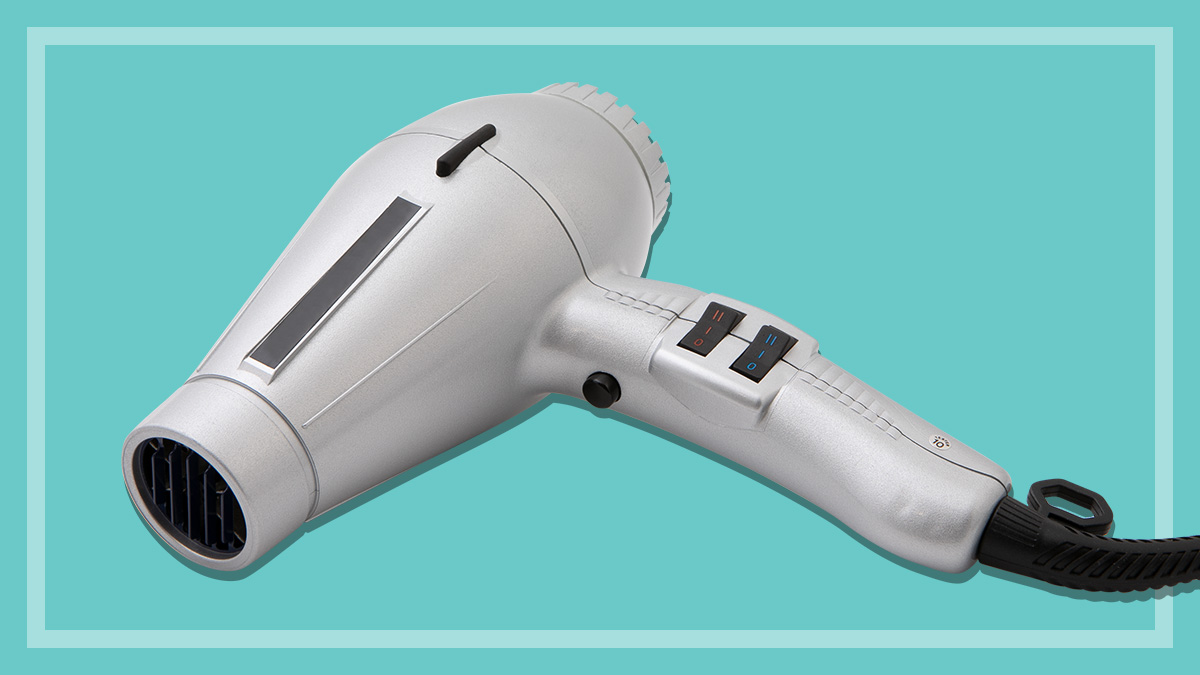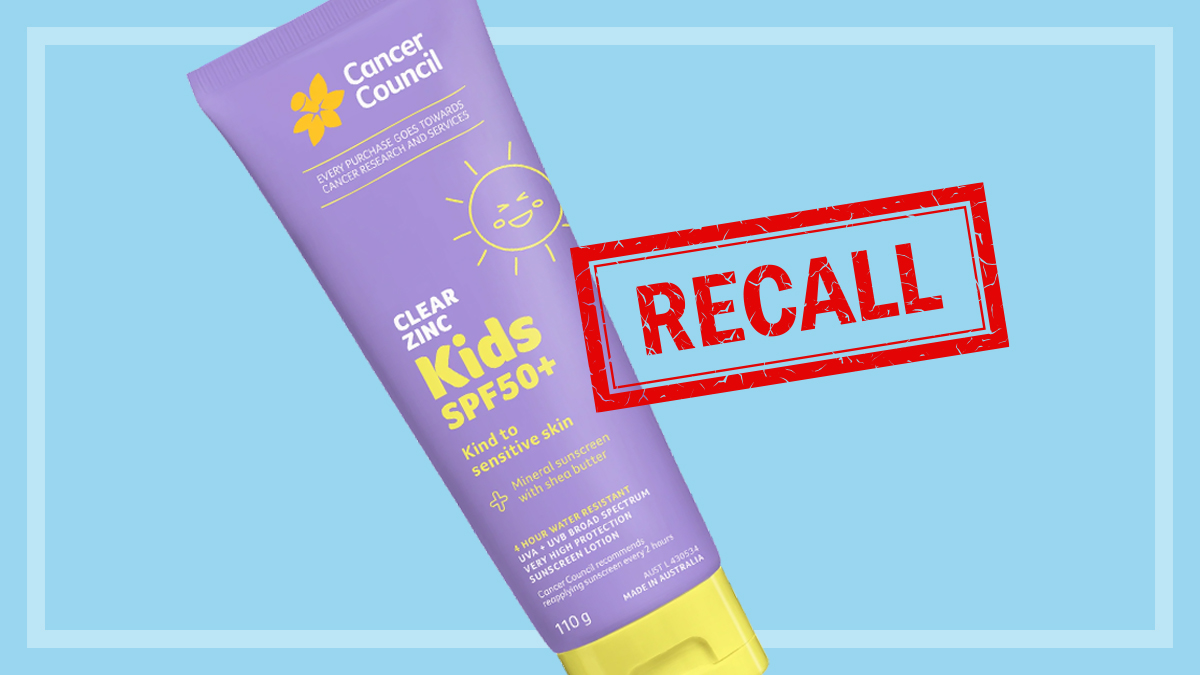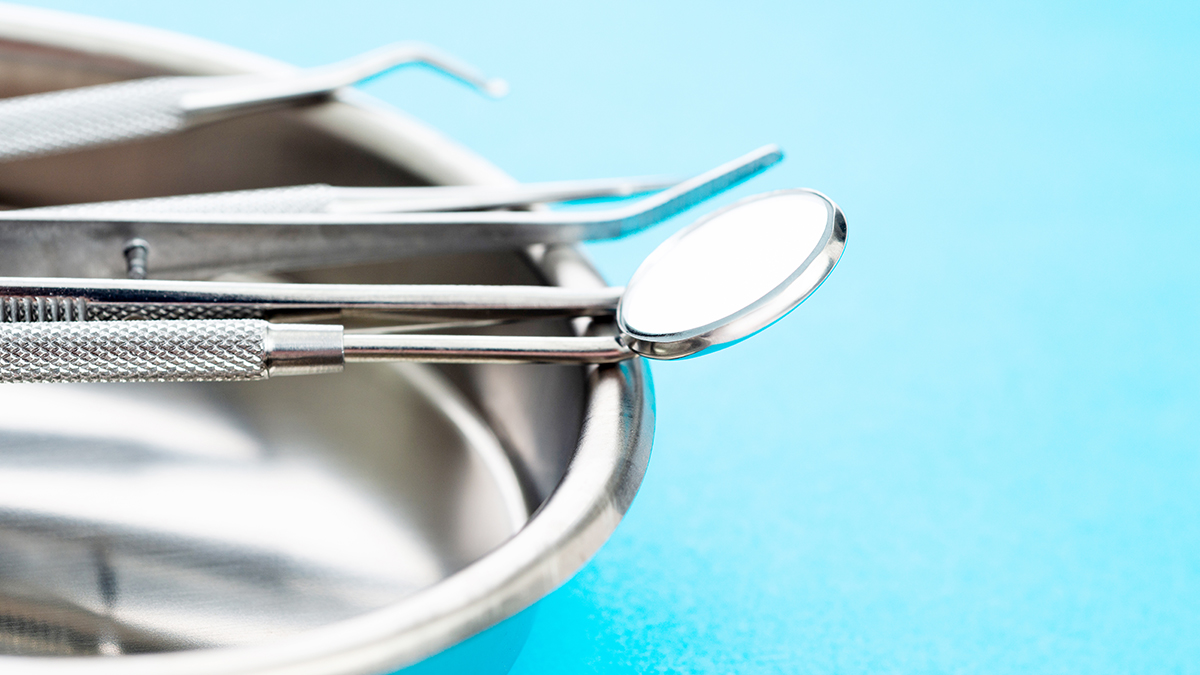Get our independent lab tests, expert reviews and honest advice.
How to choose the right breast implants

Please note: CHOICE no longer updates this article and maintains it for archival purposes only.
With the growing popularity of breast augmentation – better known as breast implants or a ‘boob job’ – more medical practitioners in Australia and overseas are offering the procedure, often accompanied by slick marketing and an aggressive price focus.
Despite its popularity, you may be surprised to discover that in Australia there is no regulatory body for cosmetic surgery, and for consumers it can be confusing to know who is qualified to do what when it comes to popular aesthetic procedures. Recently a Sydney woman died having a breast augmentation procedure in a Sydney beauty clinic after suffering a cardiac arrest. It has been alleged she was operated on by a woman who was not registered to practice medicine in Australia.
Despite this, amongst the ads, payment plans and glamorous ‘after shots’, the onus is still on the potential patient to navigate the system safely. We take a look at what you really need to look for if you’re considering breast implants, before you make the decision to go under the knife.
There’s so much info … where do I start?
Rather than heading online where a search for breast implants will return a long list of hard sells, one of the best places to start investigating if breast augmentation is for you is with your local GP. A GP can give you unbiased information about the pros and cons of the surgery (without the hard sell) and may also be able to recommend a reputable surgeon.
Cosmetic surgeon or plastic surgeon?
Most medical practitioners doing breast augmentation will describe themselves as either plastic surgeons or cosmetic surgeons. The names sound similar but they are very different.
Plastic surgeons
Plastic surgeons have:
- a minimum of seven years’ additional training after obtaining their medical degree
- will be registered as a fellow of the Royal Australasian College of Surgeons (RACS)
- will have the letters FRACS after their name (to indicate Fellow of the Royal Australasian College of Surgeons).
Cosmetic surgeons
Cosmetic surgery is not a formally recognised specialty in Australia. Any general practitioner (GP) can call themselves a cosmetic surgeon and practise cosmetic surgery – whether they have additional surgical training or not.
While some cosmetic surgeons will be members of the Australasian College of Cosmetic Surgery (ACCS) and may have undertaken training provided by the college or studied overseas, none of this training is formally recognised.
While there are good cosmetic surgeons who have a lot experience it’s still important to know they do not have the formal qualifications of a plastic surgeon.
Cosmetic surgeons often use the letters FACCS after their name which is not a recognised credential and shouldn’t be mistaken for FRACS used by plastic surgeons.
How much do breast implants cost?
Many surgeons don’t list specific pricing as costs will vary between patients and procedures, however as a guide you’ll be looking at anywhere between $6000 and $12,000 for breast augmentation in Australia.
It’s important to remember that there are many costs associated with surgery, including hospital or surgical facility costs, anaesthesia fees, medication and medical tests as well as the surgeon or doctor’s fee.
Can I get a Medicare rebate for breast implants?
Generally there’s no rebate available for breast augmentation, however some rebates apply for work that is considered reconstruction, so check if you’re eligible with your doctor if you decide to go ahead.
Will my health fund cover breast implants?
It’s unlikely that your health fund will cover this procedure but you may be eligible for cover if you are in hospital or a day hospital so check with your provider.
Finding a good doctor for breast augmentation
Once you think you’ve found a doctor or surgeon, check their credentials.
The Australian Health Practitioner Regulation Agency (AHPRA) has an online register where you can search the name of doctors to check qualifications and see if they have any conditions or restrictions around what they can and can’t do. Usually a restriction has been applied after there’s been an incident so it’s a good indication of potential issues with the doctor you are interested in using.
Where to have the surgery
Breast augmentation can be done in a hospital, day procedure clinic or in some cases at the office or premises of the doctor you choose.
Lately there have been concerns raised in the medical community about what’s called ‘on premises’ surgery. Recently it has been reported in the media that several young women have suffered serious complications (including cardiac arrest) during on-premises breast augmentation surgery in different locations in Australia and have been rushed by ambulance to hospital. Unlike hospitals and day surgery hospitals, there are no regulations around office-based surgeries and no special credentials required of the medical practitioner who performs operations in this setting.
There have been calls for basic standards for facilities where surgery of any kind is undertaken, and nationally consistent requirements including independent accreditation of the facilities. While you can’t just buy a building and call yourself a hospital in Australia, if you’re a GP you can set up rooms and start doing surgery.
It’s important to remember when deciding on where to have the procedure that, like any surgery, cosmetic surgery carries risks. You’ll want to be in a place where you will be treated appropriately and quickly if there are any complications, especially if these are life-threatening, like a cardiac arrest.
If you’re unsure about where the procedure will be done, check before you agree to undergo surgery. All accredited day procedure centres and day and private hospitals will be licensed with the health department of the state they are located in. If in doubt, ask to see their accreditation – or you can check online via your state’s health department.
Is it safe to get the procedure done overseas?
There are pros and cons to this: read our guide to cosmetic surgery holidays.
Are silicone or saline breast implants best?
The main types of breast implants used in Australia are:
Saline – a silicone envelope filled with saline (sterile salty water). While saline is said to look and feel a little less natural than silicone, if the implant shell or envelope leaks, the saline will be absorbed into the body with no health risk.
Silicone – a silicone envelope filled with an elastic gel. Silicone tends to look and feel more natural, however if the implant leaks, the gel may remain within the implant shell or it may escape into the scar capsule (area around the implant) or breast tissue. Leaks may not cause symptoms but can cause pain or a change in breast shape or size.
Can you breastfeed after having implants?
If babies and breastfeeding are on the horizon, you’ll want to discuss the pros and cons of having breast implants before starting a family.
According to the Australian Breastfeeding Association most mothers who’ve had breast surgery should be able to breastfeed to some extent, although breast implants may cause problems with milk supply.
It’s important to discuss future breastfeeding plans with your doctor before the surgery as there may be ways to adjust the surgical technique to help you retain the ability to breastfeed.
What to ask during your doctor consultation
It’s easy to be overwhelmed when you’re on the spot so take a list of questions to ask when you have a consultation:
- What are your qualifications and experience?
- How many times have you performed the procedure?
- How many times have you performed it in the past six months?
- Can I speak to previous patients?
- Are there any complications associated with the procedure?
- If complications do occur or the procedure is not successful, how will you deal with this?
- Where will the surgery be performed?
- Will a qualified anaesthetist administer the anaesthetic and/or sedative medication
- Who will be looking after me during the surgery?
- Will I need time off work?
- Are there post-operative side effects?
- Will there be any visible scarring following the procedure? How can this be minimised?
- What aftercare will be provided and will this be included in the treatment costs?
Post surgery – what if I’m not happy?
When it comes to cosmetic surgery, you do have rights.
If you’re unhappy with the work or want to make a complaint, the first port of call is directly with the doctor who performed the surgery.
If you can’t resolve the issue directly, AHPRA provides a national mechanism for formal complaints, with penalties if the complaint is upheld.
Additionally, each state also has a health care complaints commission (HCCC) which can address any issues you have. AHPRA has a list of all HCCCs in Australia.
Stay informed about your implants
The Australian Breast Device Registry (ABDR) is a government initiative that captures data on Australian patients undergoing breast implant surgery.
The aim is to provide a tracking system to see how the products perform and what the patient outcomes are post-surgery. It’s a good idea to talk to your doctor to make sure your details are added so you can keep up-to-date with any issues with the implants you choose.



